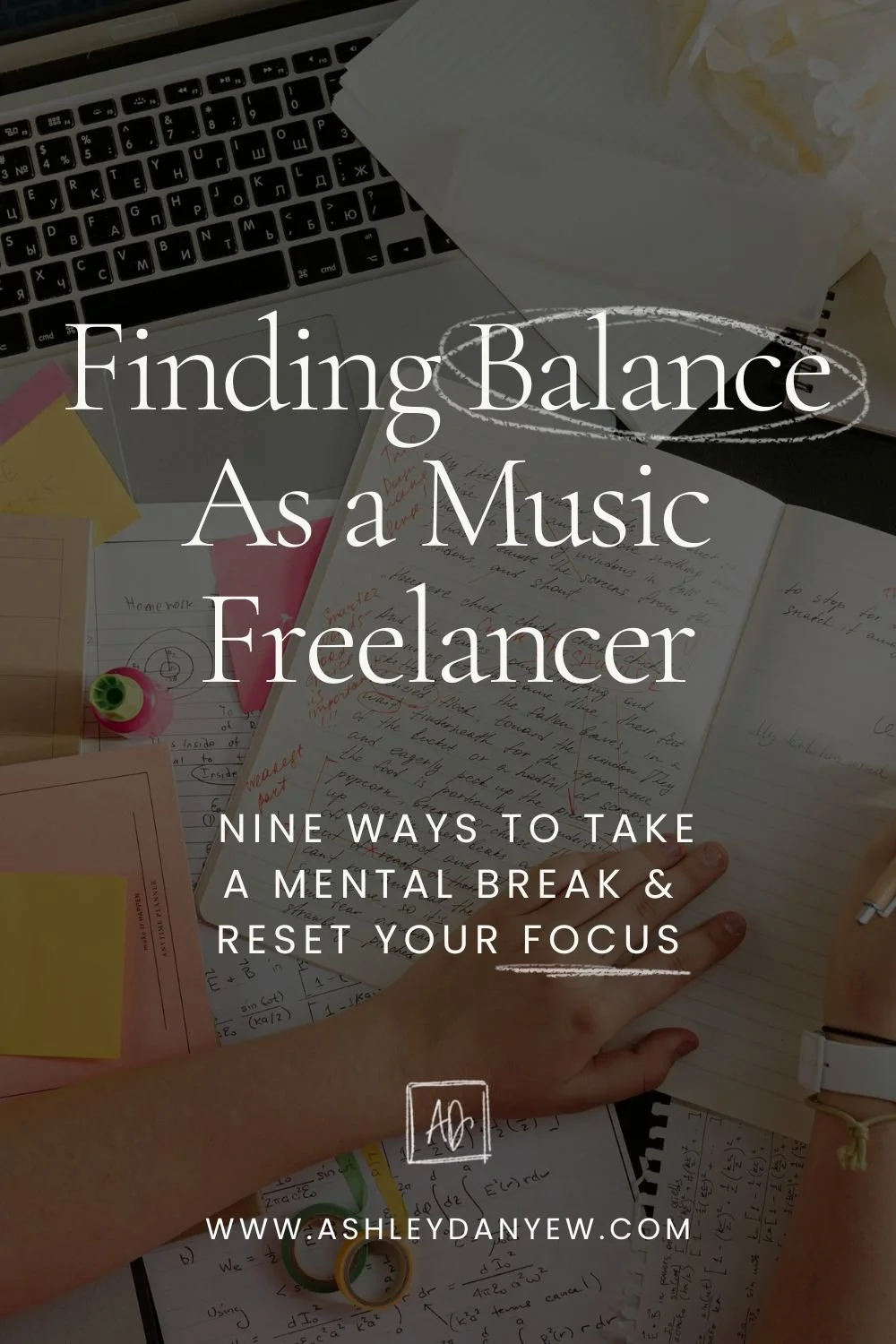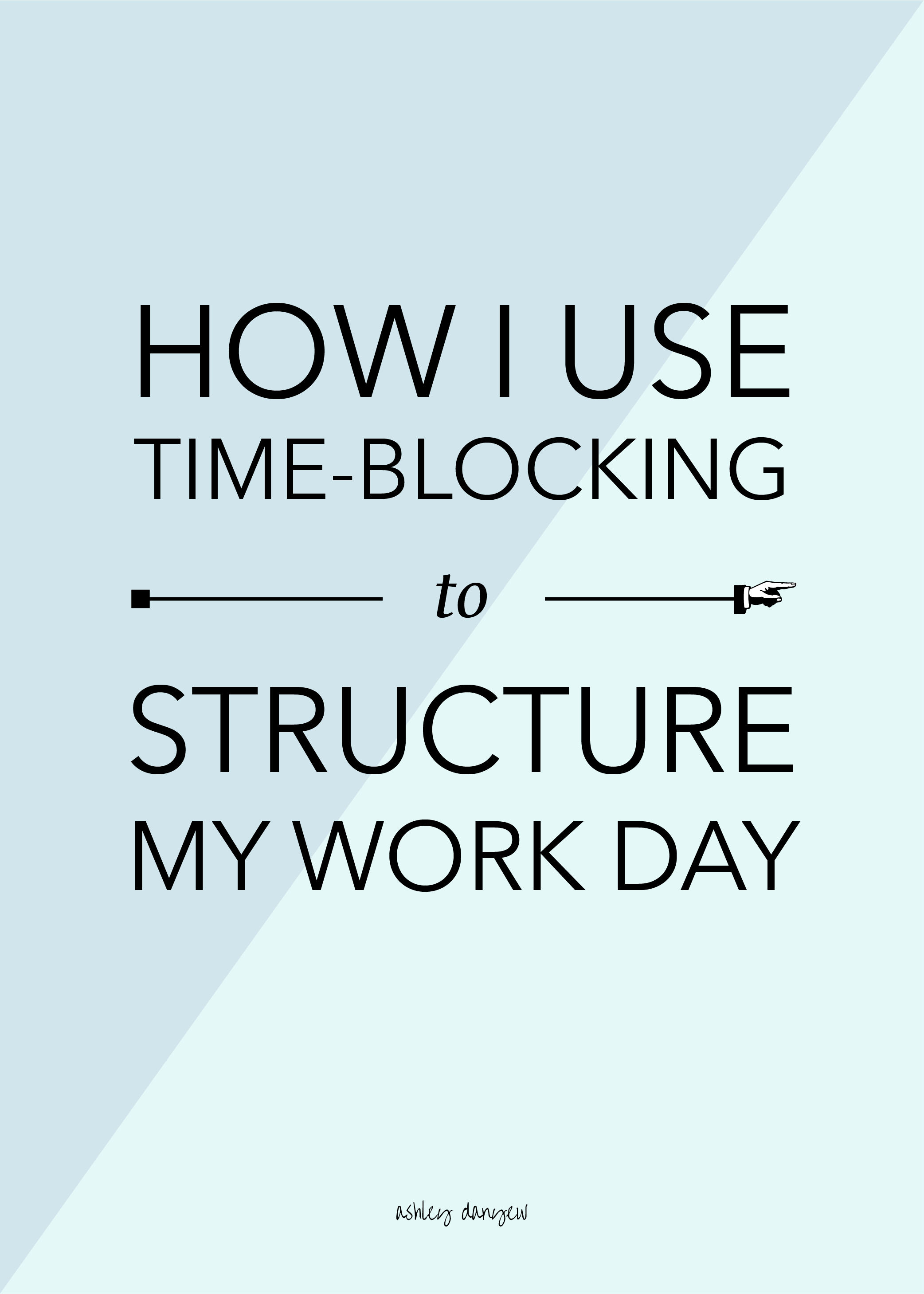Editor’s Note: Read an updated version of this post here.
In music school, we learn about performance style and theory, analysis and history. We study and read and listen and write. We soak up rich musical experiences and learn to dedicate ourselves to practicing our instrument and refining our musical skill set.
And if we're lucky, we learn about music careers and the business side of things: arts leadership and advocacy and community engagement, taxes and finances and grant-writing, websites and social media and marketing yourself: the extra-musical skills needed to make it in the 21st-century music world.
Will you graduate and land one of the coveted symphony jobs? Will you join the ranks of academia and start down the tenure track?
Some of you may. Some of you did.
But what if you want to do a few different things? What if you want to teach and have a podcast? What if you want to perform in a professional chamber music ensemble and run a YouTube channel?
Welcome to the world of freelancing.
They say there are 57.3 million freelancers out there — all part of something called the “gig economy" (source).
It's no surprise, really.
More and more people are finding creative and financial freedom through freelance and portfolio work and the opportunity to be their own boss and do their own thing (Steve and I included!).
Wondering if freelancing is right for you? Here are a few good indicators:
How to Tell if a Freelance Music Career is Right for You
You enjoy doing a variety of different kinds of work.
Freelance work generally includes a variety of different things. Instead of doing one job or one type of work full-time, freelancers often piece together gigs and contract work and part-time employment to create something called a portfolio career.
This may include: performance, K-12 teaching, community teaching and directing, administration, arts leadership, adjunct teaching, composing and arranging, church music, etc. The work you choose to do will vary based on your interests, experience, and training.
Like most things, portfolio careers have their pros and cons. Here are a few worth noting:
Pros:
a mix of different kinds of work, which is often good for creativity and allows you to explore several different interests at once
flexible schedule
independence and freedom to curate what type of work you do
Cons:
inconsistent income from month to month
challenge of managing multiple projects, schedules, and timelines at once
responsibility for health insurance, paying estimated taxes, and maintaining your own schedule
Despite the additional risks and responsibilities that come with this type of work, most freelancers feel that the pros outweigh the cons and find this type of career satisfying and rewarding.
You want to have control over your schedule.
The freedom to set your own schedule (for the most part) is one of the main benefits people cite about the freelance lifestyle. Having the flexibility to change or adjust your schedule when needed, work remotely, take a half-day here and there, or start the workday at 10 a.m. and work until 6 or 7 p.m. instead of the traditional 9-5 are choices you get to make for yourself and your family.
With this freedom comes an extra dose of responsibility.
It may seem like the freelance life is easy-going and laid back (work when you want to, sleep in when you want to, take vacations and work remotely when you want to), but when you're trying to get your career off the ground and piece together enough work to pay your bills, it's easy to end up working more than 40 hours a week.
Be careful about overextending yourself and taking on too many things (especially things that don't bring in any income yet). Pace yourself and set yourself up for success in the long run by making a plan and working smarter, not necessarily harder.
You like being your own boss (and are okay with the responsibilities that come with it).
There's a lot that goes on behind the scenes to coordinate multiple gigs and/or part-time jobs: lessons and classes and rehearsals to plan and prepare for, music to choose, practicing to do, a website to maintain, emails to write, invoices to send, taxes to pay, checks to deposit.
If you're good at managing tasks and being efficient with your time, you won't find this too difficult, but it may be quite a shift for those who rely on organizational structure or systems set up by someone else to get things done.
Step into the role of CEO and design a music career on your terms.
The Musicpreneur Model is the only online program + template suite designed specifically for self-employed classical musicians and music freelancers that teaches you how to build a diversified portfolio career in music (that supports you financially and artistically) + develop the skills you need to be a small business owner.
You enjoy working on your own, from home, from coffee shops, or on the go.
Freelance work is great for people who are independent and more introverted, by nature. Since you're in control of your schedule and the kind of work you do, you can balance a busy afternoon teaching with a quiet morning at home, writing or working on creative projects.
For those who are more extroverted, freelancing may look like working from a local coffee shop, co-working with a friend at home or at a shared workspace, or incorporating more social engagement in your day, like teaching a college class in the morning and directing a community ensemble in the evening.
You like to create your own opportunities and start new things.
One great thing about being a freelancer is having the ability to be creative and entrepreneurial in your pursuits.
Instead of waiting for a job to open up or an opportunity to come your way, you can go out into the world and create your own opportunities. You have the freedom to choose to pursue something that interests you, or create something that meets a need but doesn't currently exist.
Start a professional chamber ensemble with your friends or colleagues. Build a private studio. Start a children's choir or a drumming circle or a community concert series. Plan a tour. Release a record. Write a book. The sky is the limit!
You are good at managing multiple projects and timelines and keeping all the plates spinning.
As a freelancer, you get to be in charge of your time and how you spend it - choose wisely!
Managing a portfolio career and keeping all the plates spinning requires setting up efficient systems and strategies, keeping track of multiple projects and tasks, staying focused, and setting healthy boundaries for yourself.
Create a project management system for yourself using a spreadsheet, a planner or digital calendar, or a free tool like Asana. Make a list of priorities to tackle each week and divide by day so you can hold yourself accountable and make sure nothing slips through the cracks.
You are independent and a self-starter.
This is an important trait for freelancers to have. If you're going to be your own boss and curate your own work projects, you have to be self-motivated and comfortable making decisions for yourself.
You have to be willing to assume the risk that comes with certain choices and approach challenges with a creative, problem-solving mindset.
You enjoy learning and often teach yourself what you need to know to overcome challenges.
We're never done learning, especially as freelancers and small business owners. There's always something to learn (or learn from), to research or study in this kind of work: sales tax and SEO, email marketing and video editing, algorithms and rhythm games, to name a few.
We live in an ever-changing, ever-evolving world and to be effective leaders and teachers and creatives, we have to adapt and change right along with it.
I hope this is helpful to you as you evaluate your career and decide if (or confirm that) a freelance music career is right for you.
I'd love to hear your thoughts! Which of these things resonate with you?






































